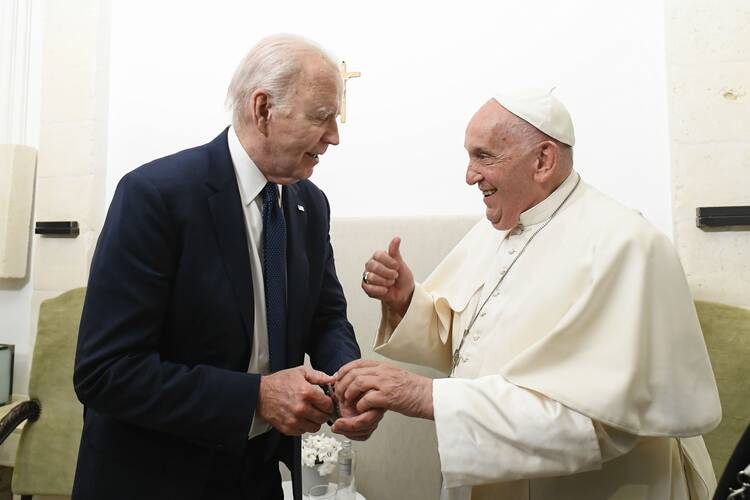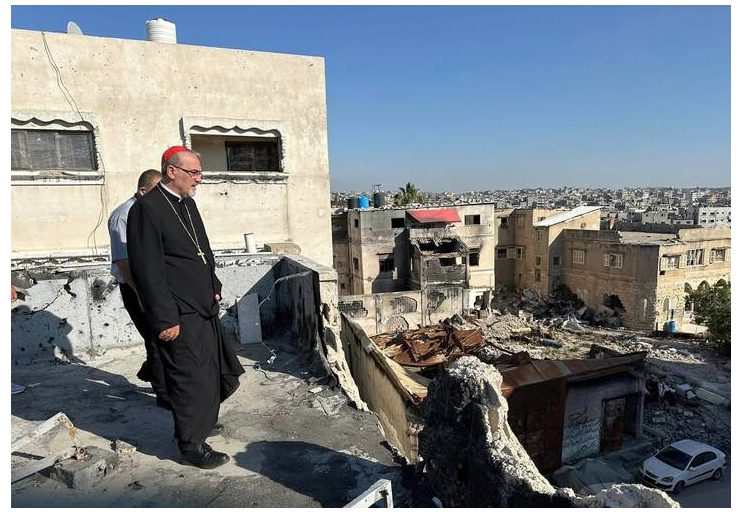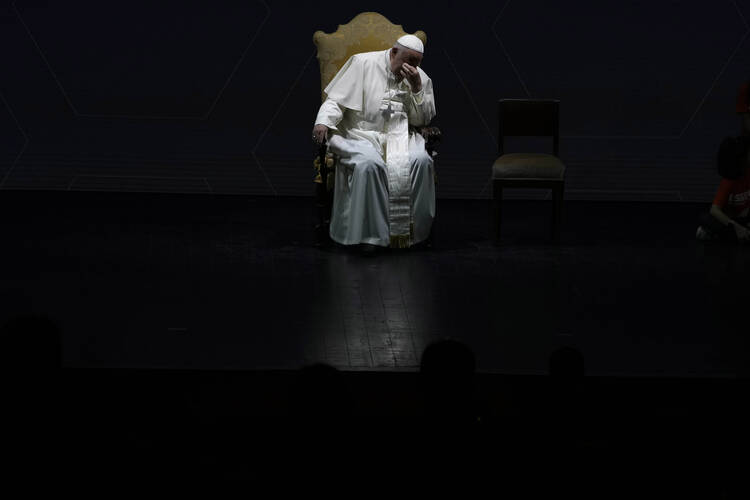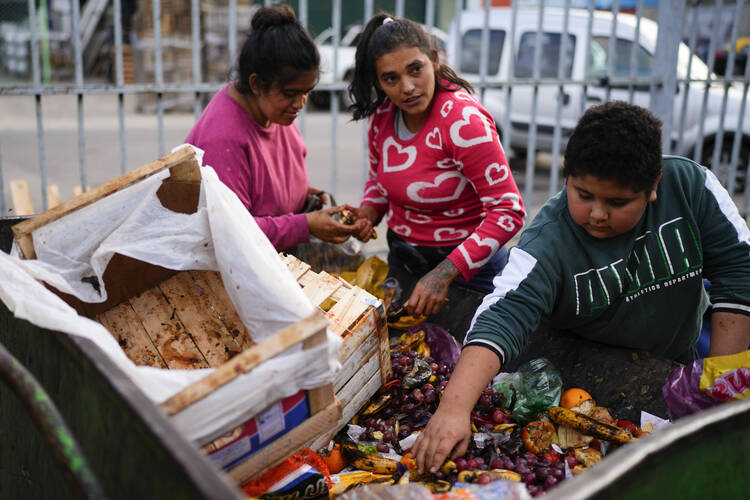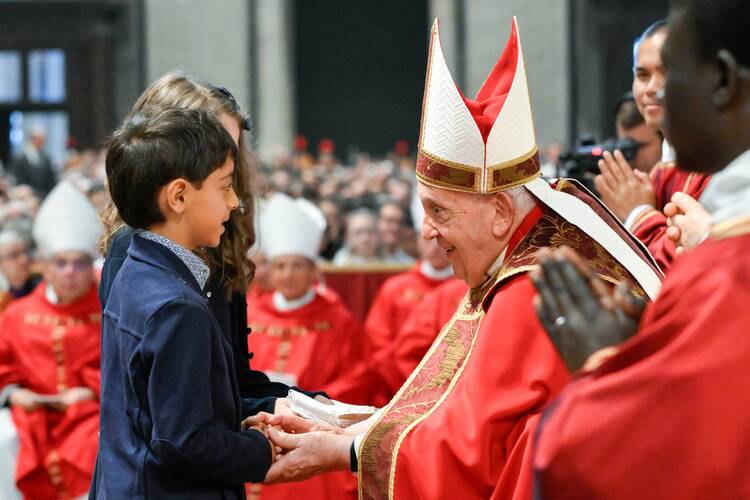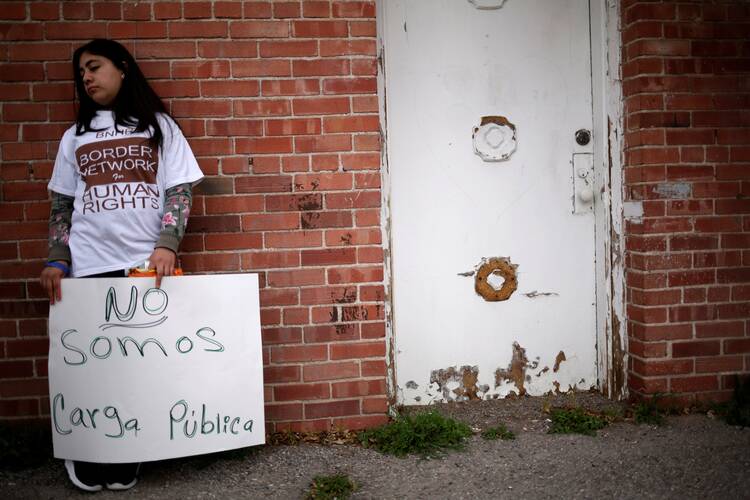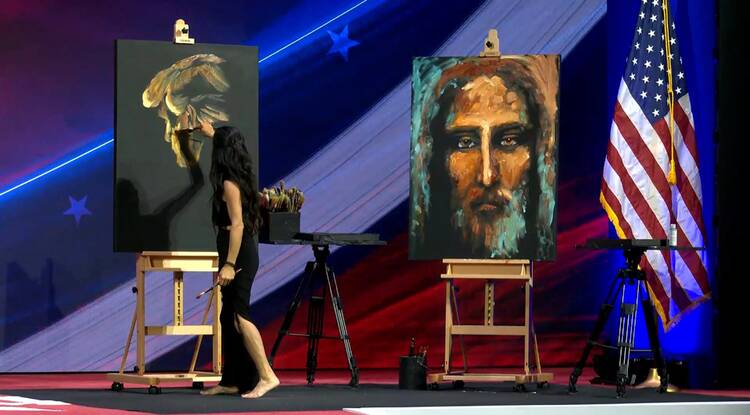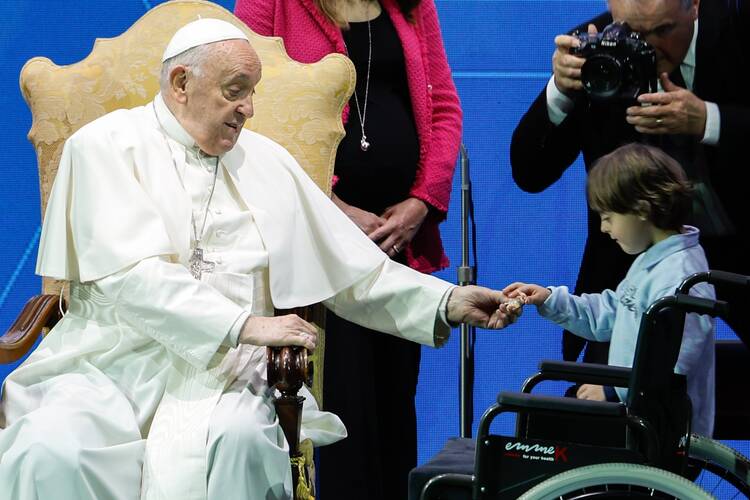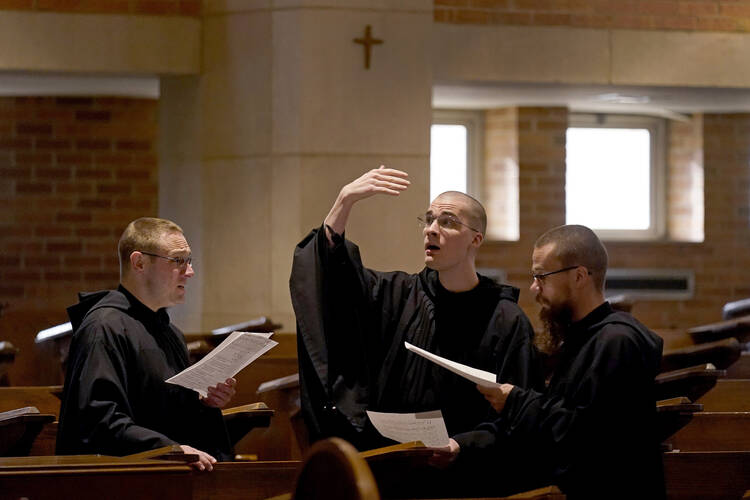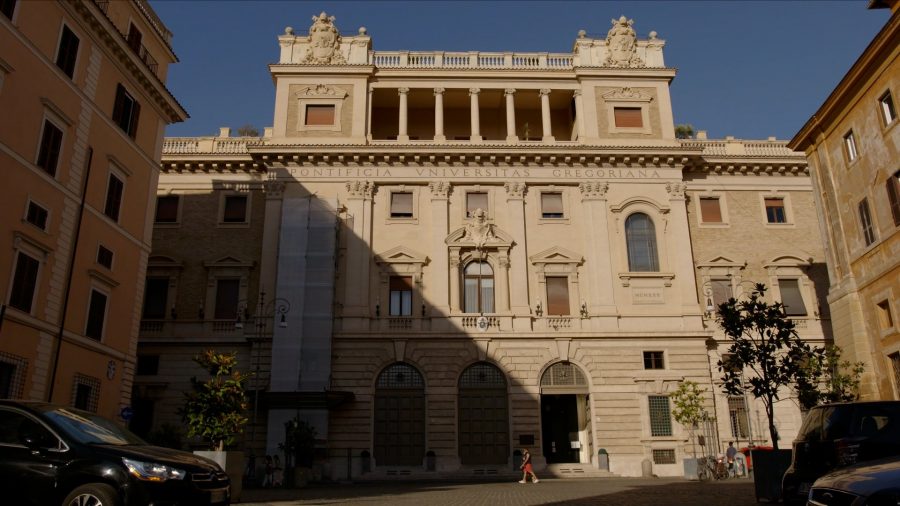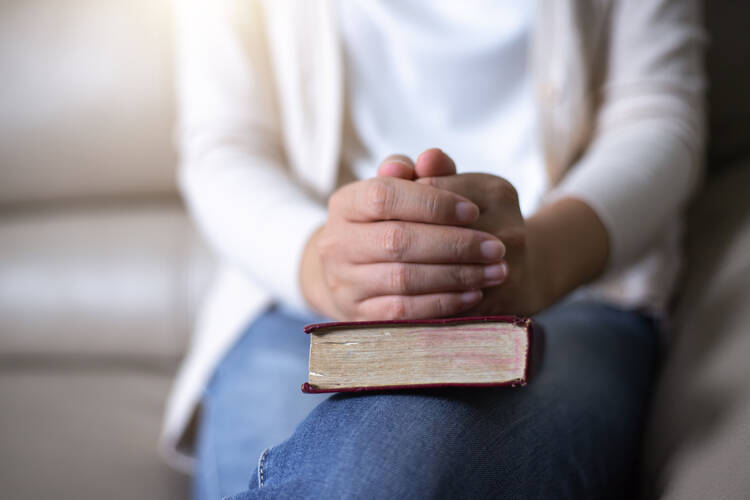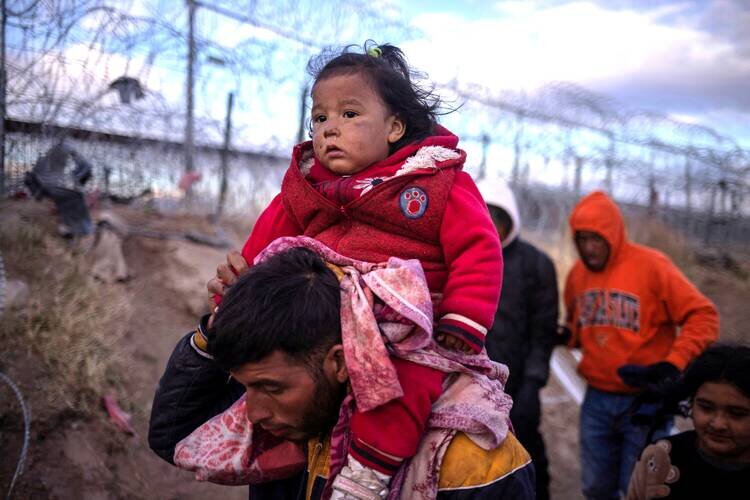(Gerard O’Connell. American Magazine).
Pope Francis’ participation at the G7 summit in Apulia, Italy, was not only historic but revealed the high moral standing that the first Latin American pope has on the global stage and among some of the world’s leading heads of state and government.
Francis was the first pope invited to participate in this high-level intergovernmental forum, founded in 1975, which brings together Canada, France, Germany, Italy, Japan, the United Kingdom and the United States. The European Union also participates in the G7, which, the group says, “is united by common values and plays an important role on the international arena in upholding freedom, democracy and human rights.”

